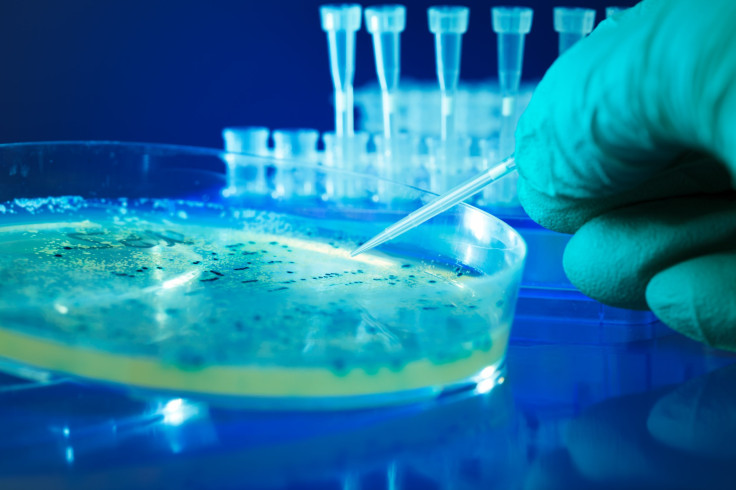WHO Warns Antibiotic Resistance May Soon Make Certain Meds Useless In Combating Illness, Posing 'Global Threat'

According to a report recently released by the World Health Organization, the current levels of antibiotic resistance are now a "major global threat" to public health. Without immediate action, the WHO believes we are headed toward a “post-antibiotic era,” where people will die from simple infections that were once easily treated. Bacteria mutation is natural, but a number of human factors have sped up the process. Health officials urge that governments and individuals work together to help slow bacteria's mutation and develop new antibiotics to best avoid “devastating” implications.
The Facts
The WHO report included data from 114 countries and concluded antibiotic resistance occured in every region of the world. In the report, two key antibiotics were found to no longer work in more than half of people being treated in some countries. These antibiotics are used to treat bacteria responsible for common and serious diseases such as pneumonia, diarrhea, and blood infections, the BBC reported. In some countries, more than half of the people treated for bacterial infections were completely resistant to antibiotics for certain bacterial infections.
For example, the report revealed that while resistance for E.Coli urinary tract infections was basically non-existent in the 1980s, it now occurred in over half of recent cases. A last-resort antibiotic treatment for gonorrhea also no longer works on some strains of the bacteria found in countries such as the UK, Australia, Canada, Japan, and South Africa. Considering that gonorrhea can cause infertility and is estimated to infect more than a million people each day, these facts are very unsettling.
Why is this happening?
Bacterial mutation is natural and inevitable. We have always known that bacteria would eventually become immune to antibiotics. According to the BBC, however, humans have significantly sped up this natural process. We are not able to develop new medication quick enough to keep up with bacteria’s mutations. Doctors overprescribing medication and patients failing to finish their courses have helped bacteria mutate faster than expected. Antibiotics have been readily available to the public since the 1950s, and today not many people know what it is like to live in a world without them. Society has adopted a lax attitude toward medication, and not enough new antibiotics are being developed. Professor Jeremy Farrar explained to the BBC that in January 2014 there were only four pharmaceutical companies working on antibiotics in comparison to 18 companies in the 1990s.
Action Plan
Governments and individuals need to work together to implement better hygiene, access to clean water, infection control in health care facilities, and widespread vaccinations to reduce the need for antibiotics. This would help to slow down the mutations and give humanity time to catch up and create new antibiotics. “Ultimately, WHO’s report should be a wake-up call to governments to introduce incentives for industry to develop new, affordable antibiotics that do not rely patents and high prices and are adapted to the needs of developing countries,” Dr. Jennifer Cohn, medical director of Medecins sans Frontières Access Campaign, explained to the BBC.
Along with the development of new antibiotics, it is advised that researchers design new rapid-diagnostic devices, work on fundamental research to understand how microbes become resistant to drugs, and study how human behavior influences the spread of resistance.



























